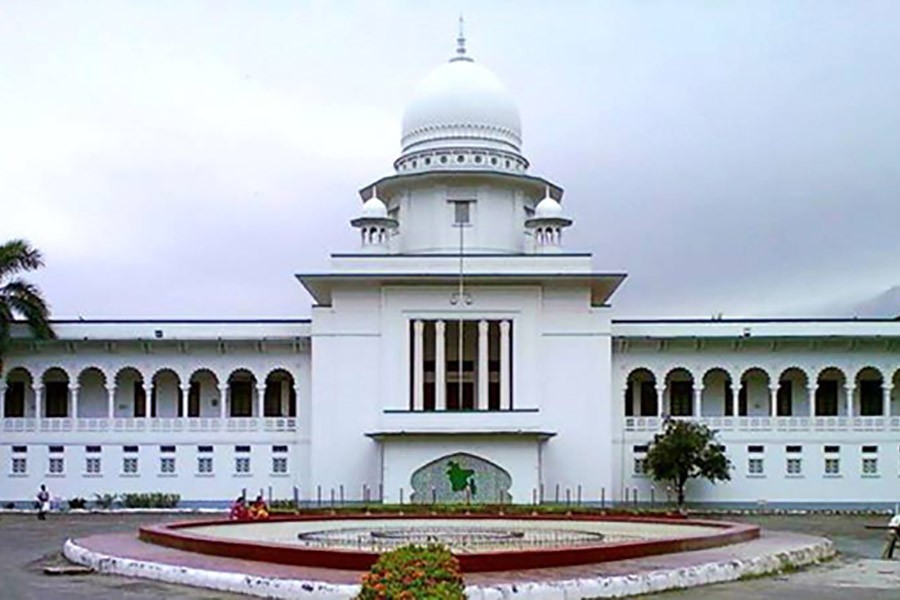The High Court has fixed Wednesday (September 21) to deliver its verdict of the case filed in connection with the murder of Japanese national Kunio Hoshi in 2015.
The HC bench of Justice Md Mostafizur Rahman and Justice SM Masud Hossain Dolon on Monday fixed the date for the delivery of the judgement after concluding hearing on the death references and appeal petitions filed by the convicts against the lower court verdict against them.
Kunio Hoshi (66) was shot dead at Alutari village of Kaunia upazila in Rangpur on October 3 in 2015. On the same day, the then OC of Kaunia Police Station Rezaul Karim as the plaintiff filed a murder case against unknown persons.
After nearly nine months of investigation, Abdul Kader Zilani, the investigating officer of the case, submitted the charge sheet in the court of the Senior Judicial Magistrate of Rangpur on July 3, 2016. Eight members of the banned militant outfit Jamaatul Mujahideen Bangladesh (JMB) were charged there.
A Rangpur court on February 28, 2017 awarded death penalties to five members the JMB for the killing of Kunio Hoshi. The convicts are--- Rangpur region military commander of the JMB Masud Rana Mamun, Ishaque Ali, Liton Mia Rafiq, Shakhawat Hossain, and Ahsanullah Ansari Biplob.
At the same time the court also fined Tk 20,000 to each of the convicts. All but Ansari are in custody at present.
Later the death references of the accused came to the High Court for approval. On the other hand the accused also filed appeal petitions against the lower court verdict. The High Court on Monday concluded the hearing of the death references and appeal petitions.
Additional Attorney General SK Md Morshed and Deputy Attorney General Bashir Ahmed appeared in the High Court hearing for the state, while lawyer Ahsan Ullah argued for the convicted accused.
Later Mr Bashir Ahmed said, “On the basis of proper evidence, the trial court awarded the maximum penalty of death to the accused. As a result, we see there is no reason for the High Court to interfere with the judgment of the trial court. That is why we have argued for upholding the judgment of the trial court.”


